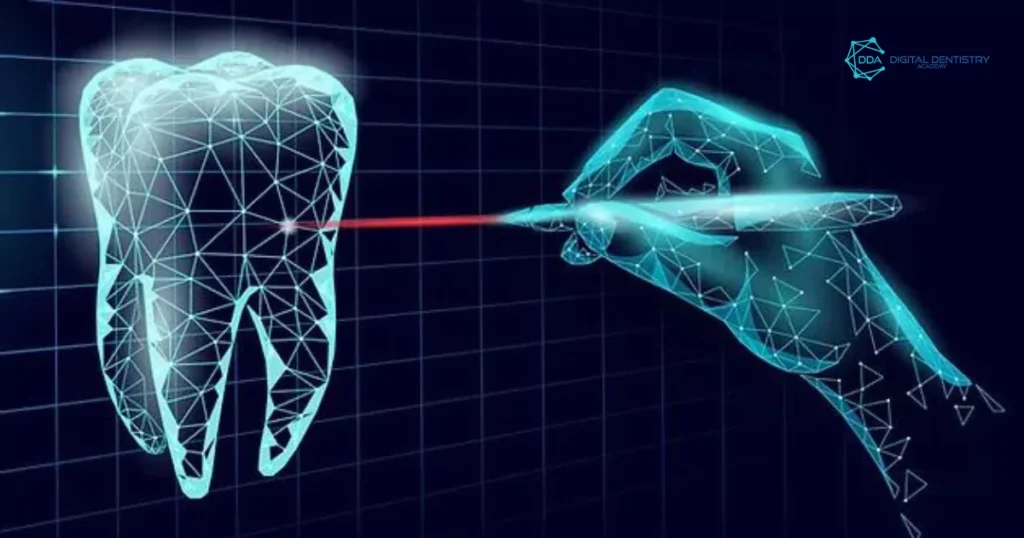What is the specialization in Digital Dentistry?
The specialization in Digital Dentistry is an area of study and practice that uses advanced digital technologies to improve results and processes in dentistry. This specialization involves the use of devices, software and digital techniques to help carry out diagnoses, treatments and dental planning in a more precise, efficient and modern way.
Benefits of specializing in Digital Dentistry
Specializing in Digital Dentistry brings several benefits to both professionals and patients. Some of the key benefits include:
1. Greater diagnostic accuracy
Through the use of digital technologies, it is possible to obtain more detailed and precise images and 3D models, allowing for a more accurate diagnosis. Furthermore, advanced software assists in the analysis and interpretation of these images, facilitating treatment planning.
2. Greater efficiency in procedures
Digital dentistry allows procedures to be performed more quickly and efficiently. For example, the use of CAD/CAM (Computer-Aided Design/Computer-Aided Manufacturing) makes it possible to manufacture dental prosthetics in a short period of time, eliminating the need for manual impressions and adjustments.
3. Personalization of treatments
With the specialization in Digital Dentistry, it is possible to customize treatments and prosthetics according to the characteristics and needs of each patient. With the help of specific software, it is possible to simulate the final result of the treatment, allowing the patient to preview the expected result in advance.
4. Better communication with the patient
The use of digital images and models enables better communication between the professional and the patient, making it easier to understand the stages of treatment, the expected results and the costs involved. This helps to establish a relationship of trust and mutual understanding.
Technologies used in Digital Dentistry
Digital dentistry uses several technologies to assist in dental treatments. Some of the main technologies used are:
1. Cone Beam Computed Tomography (CBCT)
CBCT is an imaging test that provides detailed 3D data of the skull, face and dental structures. These images are essential for detailed bone analysis, implant planning and diagnosis of more complex problems.
2. Intraoral scanning
Intraoral scanning allows the digital capture of dental structures, replacing the use of traditional impressions. This data is used to create prosthetics, restorations and other treatments.
3. 3D printing
3D printing has been widely used in digital dentistry to manufacture surgical guides, prosthetic models, dental prosthetics and other personalized devices.
4. CAD/CAM
CAD/CAM allows for the computerized design and manufacture of dental prosthetics, restorations and auxiliary devices. This process is much faster and more accurate than traditional methods.
How to specialize in Digital Dentistry?
To specialize in Digital Dentistry, it is necessary to seek specific courses in the area. There are educational institutions that offer postgraduate and specialization programs focused on this topic, covering everything from the basic foundations to the practical applications of digital dentistry.
It is important to highlight that the specialization in Digital Dentistry requires solid knowledge in dentistry, oral anatomy, information technology and image processing. Therefore, it is essential to seek adequate and up-to-date training.
Conclusion
Specialization in Digital Dentistry is a promising and innovative field that uses advanced technologies to optimize processes and improve results in dentistry. Through the use of digital devices, software and techniques, it is possible to offer patients more accurate diagnoses, personalized treatments and a more efficient and modern dental experience. Those who seek to specialize in this area can count on countless opportunities for professional growth and offer patients increasingly better quality care.






